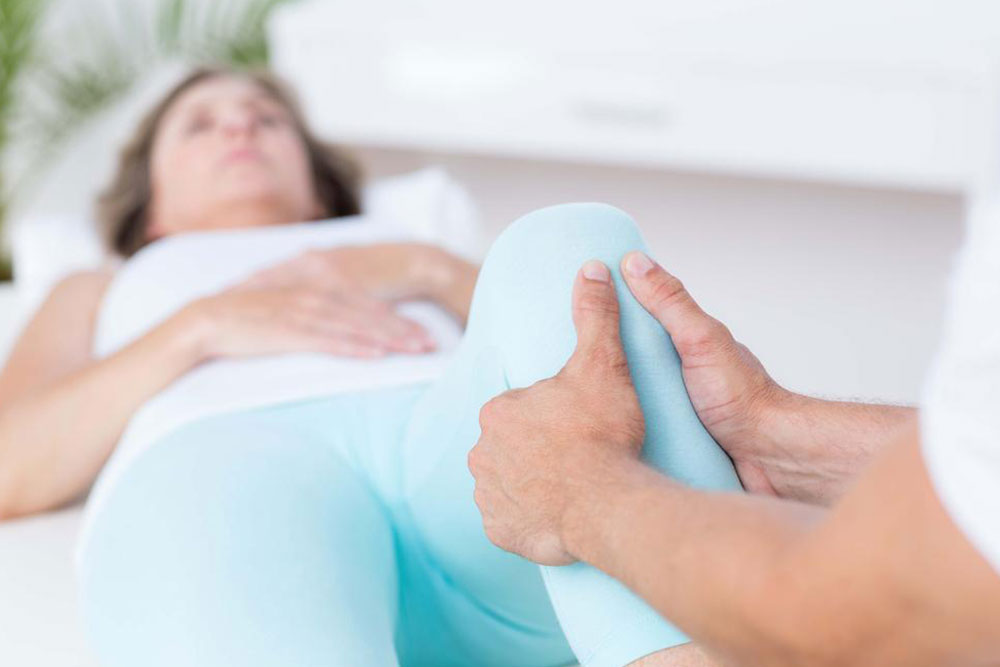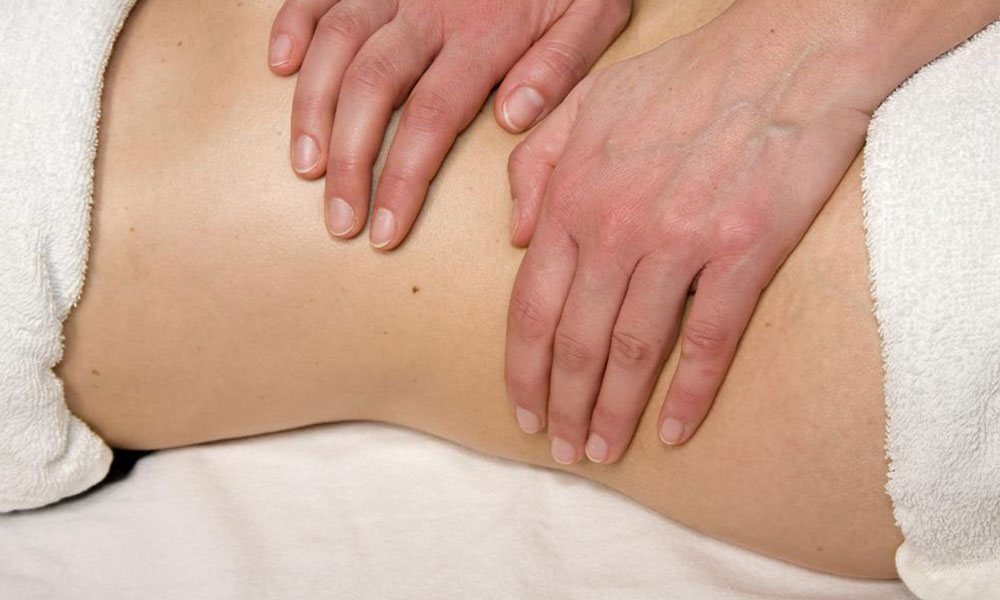Effective Ways to Manage Restless Legs Syndrome and Improve Sleep Quality
Restless Legs Syndrome (RLS) impacts many with uncomfortable sensations obstructing restful sleep. This article explores natural remedies and lifestyle tips, including establishing sleep routines, gentle exercise, heat or cold therapy, balanced diets, and nutritional supplements. Combining these approaches with medical advice can significantly ease symptoms, improve sleep quality, and boost daily life. Learn practical strategies to manage RLS effectively and achieve peaceful sleep for better health and well-being.

Effective Ways to Manage Restless Legs Syndrome and Improve Sleep Quality
Restless Legs Syndrome (RLS) affects a significant portion of the population, with estimates suggesting that approximately 10% of people in the United States experience this condition. RLS is characterized by uncomfortable sensations in the legs, which often lead to an irresistible urge to move them. These sensations are typically described as tingling, crawling, or itching, and they tend to worsen during periods of inactivity, especially in the evening and at night, severely impacting sleep quality and daily functioning.
The unpredictable nature of RLS symptoms can be distressing, leading to sleep disturbances, fatigue, and decreased overall quality of life. Although consulting with healthcare professionals for proper diagnosis and treatment options is essential, there are various natural and lifestyle strategies that can significantly reduce symptoms and enhance sleep comfort.
Here are some of the most effective methods to manage RLS symptoms and promote restful sleep:
Establish a Consistent Sleep Routine
Developing a regular sleep schedule by going to bed and waking up at the same time every day can help regulate your body's internal clock. Creating a calming pre-sleep routine, such as reading a book, enjoying a warm bath, or practicing relaxation techniques like deep breathing or meditation, can ease you into sleep. Reducing exposure to screens and bright lights before bedtime further supports a healthy sleep cycle.
Engage in Gentle Physical Activity and Stretching
Incorporating moderate exercise into your daily routine, such as a 30-minute brisk walk or light jogging in the morning, can help alleviate RLS symptoms. It's important not to overdo it, as excessive exertion may worsen discomfort. Gentle stretching exercises before bed, including calf stretches and leg lifts, can relax muscles and reduce sensations. Additionally, practices like yoga and meditation promote relaxation and improve overall sleep hygiene.
Use Heat or Cold Therapy
Applying heat or cold packs to the legs can provide immediate relief. Warm compresses or baths stimulate circulation and soothe tense muscles, while cold packs numb nerve endings and decrease pain. A relaxing leg massage with gentle pressure and lotion before bedtime can further ease discomfort, promoting relaxation and preparing your legs for restful sleep.
Maintain a Balanced and Healthy Diet
Certain foods and beverages can exacerbate RLS symptoms. Avoid caffeine and alcohol, especially in the hours leading up to bedtime, as they can interfere with sleep and increase discomfort. Incorporate a diet rich in fruits, vegetables, lean proteins, and whole grains. Staying well-hydrated also supports muscle and nerve function.
Address Nutritional Deficiencies
Deficiencies in key nutrients like iron, magnesium, vitamin B12, and vitamin D are linked to RLS. It’s advisable to consult with a healthcare provider for blood tests to identify deficiencies. Based on medical advice, supplements can be incorporated into your routine to correct deficiencies and potentially reduce symptoms. Dietary sources of these nutrients, such as leafy greens, nuts, seeds, and fortified foods, should also be included in your diet.
Managing RLS effectively requires a combination of proper medical care, lifestyle modifications, and natural remedies. Regular check-ups with healthcare professionals can help tailor treatment plans to your specific needs, ensuring the best possible relief from symptoms. By adopting these strategies, individuals affected by RLS can improve their sleep quality, alleviate discomfort, and enhance their overall well-being.





